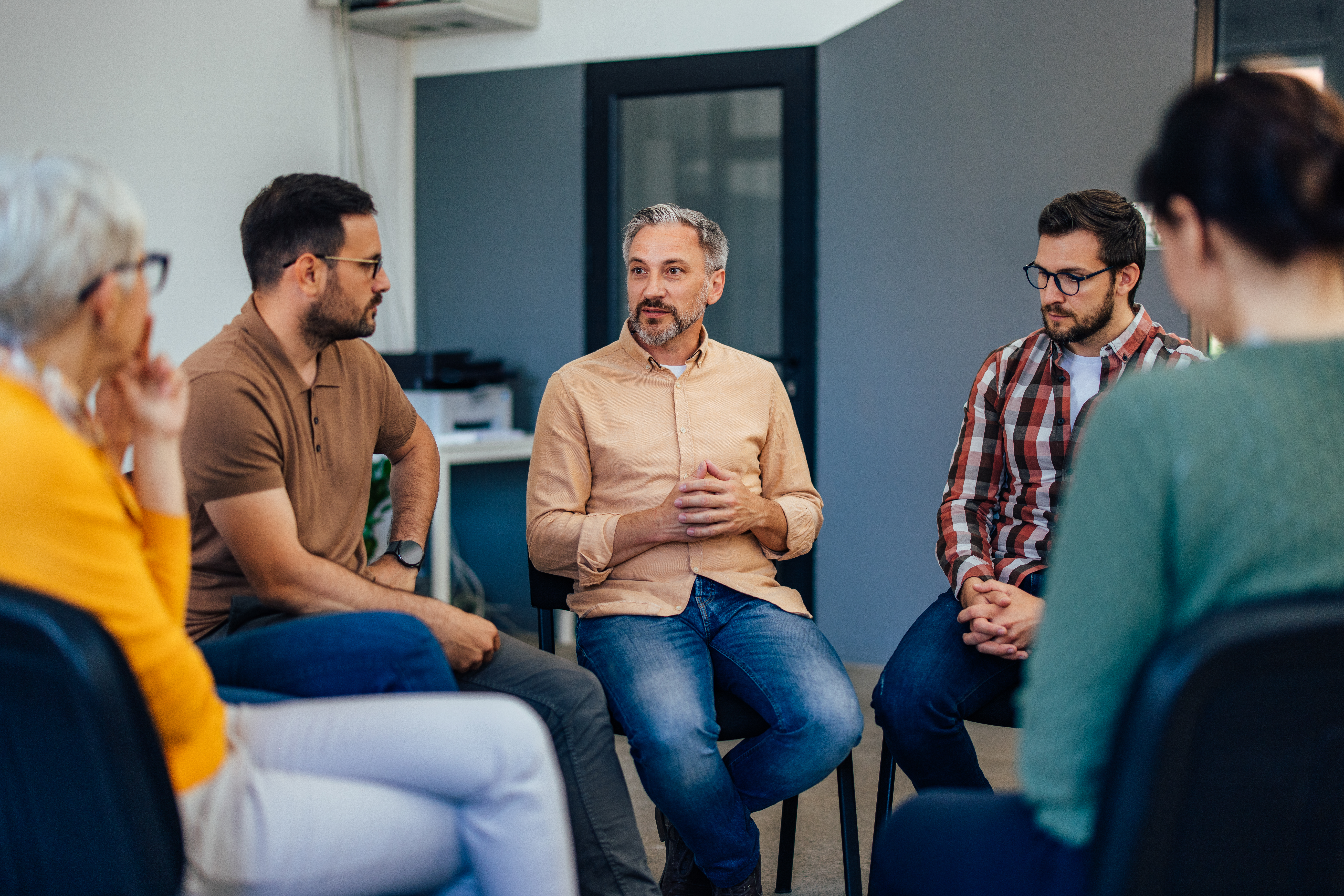Beyond Sobriety: Building a Vibrant Life With MHRC
Imagine hitting the reset button on life, where the slate is wiped clean, and a new chapter awaits. Recovery from addiction offers just that—a second chance to rebuild, learn, and grow. This path may not be easy, but it leads to discovering yourself without drugs and alcohol derailing the process.
At Mile High Recovery Center (MHRC), we help clients on this transformative journey. We look at the whole person– their body, mind, and spirit– to ensure recovery is not just about avoiding the substance but about creating a vibrant, healthy lifestyle.
With the right support and tools, we help our clients take control of their lives and start anew.

Learning Essential Life Skills To Empower Addiction Recovery
Fighting Relapse and Promoting Self-Efficacy
Understanding Life Skills for Addiction Recovery
- Emotions: Addiction makes it hard to handle feelings. People might use drugs instead of dealing with tough emotions.
- Making choices: It’s harder to think clearly and make good decisions. Buying drugs may be considered more important than planning for the future.
- Talking and being with others: Being around drugs a lot can make it tough to talk to others or make friends outside of that world. It can make people feel alone or unsure of how to act around others.
- Taking care: When drugs are the most important thing, people might not look after their health, eat well, or keep clean.
- Handling money: Spending money on substances can lead to trouble with bills or not having enough money for important things.
Importance of Integrating Life Skills Training into Addiction Recovery Programs
Life skills training is a fundamental part of addiction recovery programs. Its addition ensures the sustainability of sobriety and the well-being of those in recovery.
Here’s why integrating life skills for addiction recovery training is essential in the journey toward sobriety and beyond:
Independence and Self-Reliance
Improved Coping Mechanisms
- Techniques for managing emotions
- Conflict resolution skills
- Strategies for maintaining a positive outlook
Social Reintegration
- Improve their communication skills
- Build and maintain healthy relationships
- Confidently navigate social settings confidently
Employment Prospects
- Resume building
- Interview preparation
- Professional conduct
Overall Health and Well-Being
- A balanced diet
- Regular exercise
- Self-care practices
MHRC’s Approach to Life Skills for Addiction Recovery
Customized Wellness Programs
- Addiction history
- Personal background
- Psychological profile
Empowerment Through Evidence and Experience
- Cognitive behavioral therapy (CBT)
- Medication-assisted treatment (MAT)
- Art therapy
- Music therapy
- Meditation
- Recreational therapy
- Equine therapy
- Outdoor adventure therapy
Key Life Skills for Addiction Recovery
Communication Skills
- Addiction often damages relationships. Clear and honest communication is key to mending these bonds and rebuilding trust with family, friends, and colleagues.
- Learning to express needs and desires without resorting to substance use is essential.
- Conflict is a part of life. But, unresolved conflict can trigger stress and, potentially, relapse. Strong communication skills help manage and resolve conflicts before they escalate.
Assertive Communication
- Using “I” statements
- Maintaining eye contact
- Keeping a calm tone
- Practicing active listening
Emotional Regulation
- Effective emotional regulation reduces the reliance on substances as coping mechanisms for dealing with difficult emotions. This lowers the risk of relapse.
- Learning to regulate emotions promotes well-being by increasing resilience, reducing stress, and enhancing mental health.
- By recognizing and understanding their emotions, people gain greater insight into their thoughts and behaviors, facilitating personal growth and self-discovery.
Problem-Solving and Decision-Making
- Take control of their lives and make healthy choices
- Overcome obstacles and challenges that may arise during the recovery journey
Stress Management
Process for Developing Stress Management Techniques
- Exercise
- Meditation
- Experiential therapy, such as art, music, and recreation
Financial Management
Budgeting
- Guidance on creating long-term financial goals
- Saving for emergencies
- Planning for retirement
Time Management
- Therapy sessions
- Support group meetings
- Exercise
- self-care practices
Life Skills for Addiction Recovery: The Role of Continued Support and Learning
- Empathy and understanding: Knowing others believe in them and share their struggles can foster a sense of belonging and connection.
- Guidance and support tools: Experienced individuals or professionals can offer valuable insights and coping mechanisms to help manage difficult situations.
- Accountability and encouragement: Regular interaction with others committed to recovery can help individuals stay motivated and accountable on their journey.
Embracing Lifelong Learning for Continued Growth at Mile High Recovery Center
In this group, our team is dedicated to providing a supportive and nurturing environment where people can continue to receive encouragement, guidance, and accountability as they navigate the challenges of life in recovery.

Embracing Life Beyond Addiction With MHRC
- Navigate the complexities of daily life
- Rebuild relationships
- Create a fulfilling, substance-free lifestyle
Life Skills for Addiction Recovery Training at Mile High Recovery Center
Begin Healing Today
Take the first step towards lasting change. Reach out to us today to begin your journey toward a brighter tomorrow.









